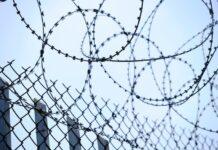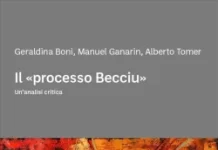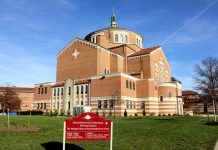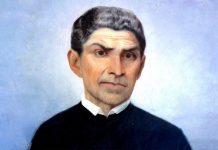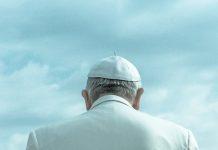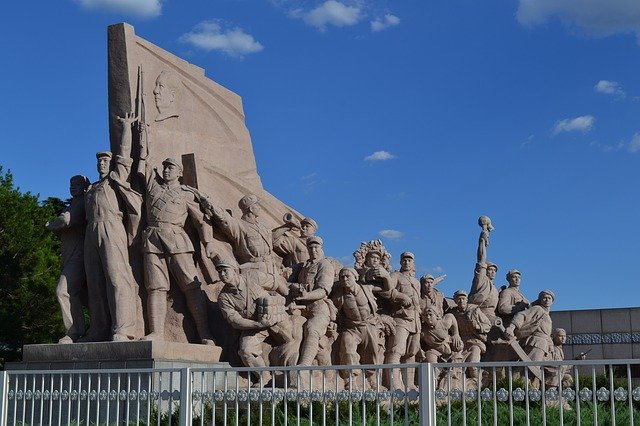In an unprecedented meeting organized by the mainland’s representative office in the city, Chinese bishops and religious leaders briefed senior Hong Kong Catholic clergymen on President Xi Jinping’s vision of religion with “Chinese characteristics,” according to four clerics.
Newsroom (03/01/2022 11:55 AM Gaudium Press) Four clerics have told Reuters that several bishops and other officials from the Chinese Catholic Patriotic Association met in October with senior clerics of the Diocese of Hong Kong to discuss ‘Sinicization’: a Chinese government campaign to bring religion into its vision of culture, society, and politics.
While Hong Kong’s Catholic leaders have met their mainland counterparts individually in the past, it was the first time the two sides had met formally; and the first time mainland religious officials had instigated such a meeting, the clerics informed.
According to them, the meeting presented curious traits: without mentioning Xi or issuing any instructions or orders, the mainland speakers described how Xi’s policy of “sinicization” aligned with long-term Vatican policies of inculturation – adapting Christianity in traditional, non-Christian cultures.
“Chinese characteristics”
Xi has been an active proponent of ‘Sinicization’, setting out policies to promote religions with what he calls “Chinese characteristics” and closer ties to the party and state. Xi’s “Chinese dream” includes tying religions more closely to Chinese culture, patriotism and goals of the ruling Communist Party and state.
“This was just the first step, and I felt they knew that they could not come into this too heavy or dogmatically,” said one of the clerics present at the meeting.
“We all know the word Sinicization carries a political agenda behind it, and they didn’t have to spell that out. Xi was the elephant in the room,” concluded another of the attendants.
Initially, ‘Sinicization’ was proposed by Chinese President Xi Jinping in 2015. The U.S. Commission on International Religious Freedom has called the effort “a far-reaching strategy to control, govern, and manipulate all aspects of faith into a socialist mould infused with ‘Chinese characteristics.'”
The encounter was monitored and arranged by the Hong Kong Liaison Office representing the Chinese government. Among the attendants, there were three bishops and “about 15 religious figures” from the Patriotic Association, and “about 15 senior clergymen” of the Hong Kong diocese.
Two of the sources who spoke to Reuters said the officials from the government-backed Church talked about the compatibility of Sinicization and inculturation and described President Xi as the “elephant in the room” during the conversation.
“This was just the first step, and I felt they knew that they could not come into this too heavy,” another source said.
Several told Reuters that Bishop Stephen Chow Sau-yan of Hong Kong attended the meeting only briefly. The Jesuit was consecrated Bishop on Dec. 4.
In 2018, the Vatican reached an agreement with the Chinese government on the appointment of bishops in the country. The terms of the deal, renewed in October 2020 for two more years, have never been fully revealed. It aims at amalgamating the Patriotic Association and the ‘underground‘ Church.
The October meeting’s focus on the compatibility of Sinicization and inculturation is not novel.
“Evident dangers”
Fr. Benoit Vermander, a Jesuit priest in China, attempted to outline a path for the “sinicization” of religion in a March 2018 issue of La Civiltà Cattolica, a publication overseen by the Secretariat of State.
Aside from the “evident dangers” in following a top-down policy that can bring “a substantial loss of identity,” he argued that Catholics should not avoid Sinicization simply because it is government-backed. Instead, despite the problems created by the policy, dialogue between Catholics and the communist government is needed.
According to Fr. Vermander, Christians should listen to the government’s appeal for Sinicization and “examine which kind of changes it could lead them to imagine and undertake” while “being aware of the danger.“
In May 2019, Cardinal Pietro Parolin, Vatican Secretary of State, noted that inculturation and Sinicization can be “complementary” and “can open avenues for dialogue.”
“These two terms, ‘inculturation’ and ‘sinicization,’ refer to each other without confusion and without opposition,” he told the Global Times, an English-language newspaper, a publication owned by the official newspaper of the Central Committee of the Communist Party of China, the People’s Daily.
“For the future, it will certainly be important to deepen (…) the relationship between ‘inculturation’ and ‘sinicization,’ keeping in mind how the Chinese leadership has been able to reiterate their willingness not to undermine the nature and the doctrine of each religion,” Cardinal Parolin noted.
“Inculturation is an essential condition for a sound proclamation of the Gospel which, to bear fruit, requires, on the one hand, safeguarding its authentic purity and integrity; and, on the other, presenting it according to the particular experience of each people and culture,” he concluded.
(Via Reuters and Catholic News Agency)




